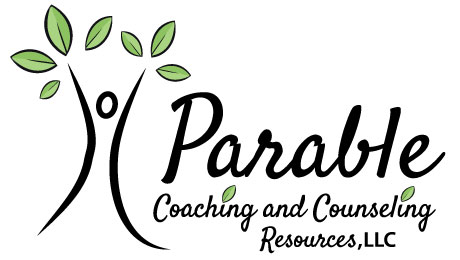Helping Children To Be Healthy in 2020
Helping Children To Be Healthy in 2020
By Janet Miller MA LPCC
We all have more stress recently than we had a few months ago. This virus situation means that each of us are facing a lot of unknowns. “Unknowns” are a significant source of stress! Often the ones who are the most stressed by unknowns are children. Children do not have control over many things in their lives and so to take them out of their normal routine is very difficult for them; perhaps even traumatizing.
Why is this a big deal?
Between 1995 and 1997 Kaiser Permanente and the CDC did a study called “Adverse Childhood Experiences (ACEs) …where they looked at middle class people and their experiences when they were children. (See test and information here https://acestoohigh.com/got-your-ace-score/)
This study if based on a ten question quiz about a person’s childhood. Each “yes” answer, is considered “having one ace”.
What they found was astonishing to the researchers. The more yes answers, or the more ACEs one has – the greater the likelihood for serious health issues when they are adults!
What I am saying is – children who are having melt-downs because they are no longer in their normal routine, may be at significant risk for trauma effects.
The good news is adults can do things to keep the children around them healthy!
Here are some tips from a Licensed Professional Clinical Counselor, and a mom who was a licensed school teacher who ended up doing a lot of homeschooling for her children.
First, please remember that these are only ideas and everyone is different. You will know better what to do for your children. Also, go with what your child’s teacher is saying needs to be done.
- First and foremost – your child needs YOU. Spending time, playing, talking, laughing, and making things together (even if it is dinner). This is not only fun, but creates security and joy.
- Recognize your child needs routine. As much as possible, create a schedule and stick to it! This helps them know what to expect, so they feel secure.
- Recognize that “school” is not what we thought it was. In an average full day of regular public school, a child is exposed to new learning for approximately 45 minutes or less. So don’t think you have to be always introducing new things, or that they need to spend hours and hours at it!
- Having a great plan to teach math lessons and special assignments is great, but with this change – and the stress that comes with it… Your child might be best served if you just read to them. Read chapter books. I’ve found even high schoolers will listen if the book is a good one!
- Do practical life lessons. – Like making a recipe and doing the math together. Do projects and let them help in figuring out the steps.
- Be with your child and play. Physical education is of utmost importance, especially in stress. Do simple things like stretching and playing games. Go for walks! Just move.
- Be a family. Limit screen time! Together plan fun things to do. Take advantage of this opportunity. It can be so fun!
- Find and develop creative hobbies that do not involve screens.
- Don’t try to pretend you are not worried. Children know when we adults are stressing. Be honest with them but don’t tell them your worries. It is important to let them know “This is hard right now because it is different, but we are going to make the most of it together!” Always end with – “We are going to be okay.”
- Listen to your child. Sometimes children don’t want to talk, especially teenagers. At any age you can ask them how they are doing. When they say “fine” you can play the guessing game and say – “I was thinking it might be like ______ for you. Does that make sense? Or What do you think?” It is key to listen to their answers. And don’t be afraid to voice difficulties and significant emotions. Example – “I was thinking that it might feel sad to miss your friends at school…”. Or “If I were you I’d really miss my day at school, right now.” It is a great tool to guess how they are feeling – especially since they may not tell you on their own. You could say, “I have a guess that, you might feel angry because of this situation.” Believe me – they will tell you when you are wrong! LOL!
- Teach them that they can do hard things. Maybe doing a puzzle together, or a challenging assignment, or some challenging exercises…. And then point out later, when emotions are running high… “Wow… I am thinking that if you can do (that hard thing) then perhaps you can do other difficult things too.” Or remind them when they have “lived through” something challenging in the past and if they can do that – they can do this!
- Remember your main role is to offer love and support in this challenging time for your children.
- Recognize that it will take most every child and parent some time to settle in to a familiar routine and there might be melt downs, or blow ups.
- Take care of yourself as well!!
The more positive together – time you can create for your family, the healthier you will all be, and the less trauma effects each of you will have to deal with later! What you do in these weeks not only impacts you and your child today – but into the years ahead!



